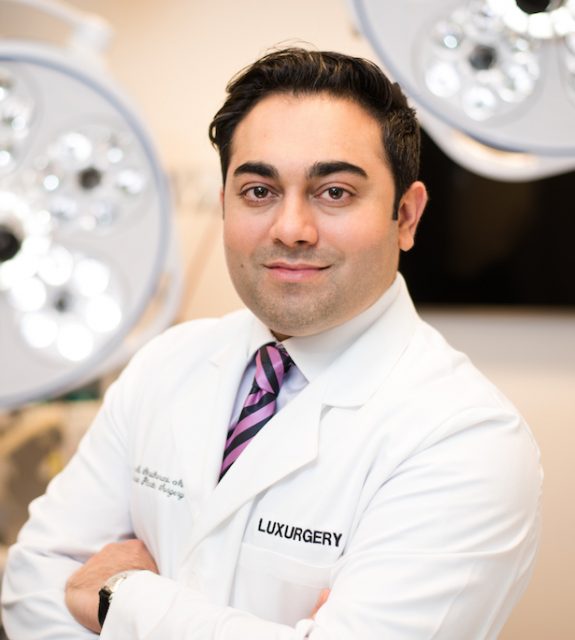Preventative healthcare is the cornerstone of long-term wellness. Just like a complex machine functions best with routine maintenance, the human body thrives when given the proper care and attention. Regular health screenings play a crucial role in catching potential issues before they develop into serious diseases, helping patients reduce their need for medication and maintain an overall higher quality of life.
 Photo Credit: Nata Bene/Shutterstock
Photo Credit: Nata Bene/Shutterstock
Why Is Preventative Healthcare So Important?
Preventative care is about taking control of your health before problems arise. With the guidance of a board-certified internal medicine physician, patients can improve their chances of detecting and treating concerns early, leading to better health outcomes. Many people who prioritize preventative healthcare experience fewer health complications, require less medication, and enjoy a more comfortable daily life.
Critical Health Screenings Everyone Should Prioritize
Cancer prevention screenings are among the most important, as early detection significantly increases survival rates. While insurance typically covers two to three screenings for both men and women, FDA-approved tests now exist to detect a broader range of cancers. Catching and addressing cancer in its earliest stages is one of the most impactful steps toward long-term health.
Screenings by Gender
Health screening guidelines vary for men and women:
- Men: Recommended screenings include skin, prostate, and colon cancer checks.
- Women: Should prioritize screenings for breast, cervical, skin, and colon cancer.
A growing concern is the rising incidence of colon cancer in younger adults. In response, Japan has lowered its recommended age for the first colonoscopy to 40, while the U.S. has adjusted it to 45. The increasing consumption of highly processed foods and artificial sweeteners may be a contributing factor, as industrial food production often prioritizes efficiency over long-term health considerations.
The Power of Early Detection
The most valuable asset in healthcare is time. When conditions such as cancer or other chronic diseases are detected early, treatment options are often less invasive and more effective. The ability to intervene before a disease progresses can significantly improve a patient's prognosis and quality of life.
Lifestyle Habits That Support Preventative Health
While genetics play a role in overall health, lifestyle choices have a significant impact on disease prevention. Diet, in particular, is a key factor in the development of obesity-related cancers.
The Link Between Obesity and Cancer
Excess weight is associated with an increased risk of 13 different types of cancer, including:
- Esophageal adenocarcinoma
- Breast cancer (postmenopausal women)
- Colon and rectal cancer
- Uterine cancer
- Gallbladder cancer
- Stomach cancer (upper stomach)
- Kidney cancer
- Liver cancer
- Ovarian cancer
- Pancreatic cancer
- Thyroid cancer
- Meningioma (a type of brain cancer)
- Multiple myeloma
How Obesity Contributes to Cancer Risk
Being overweight or obese leads to chronic inflammation and elevated levels of insulin, insulin-like growth factors, and sex hormones, which can contribute to cancer development. The longer a person remains overweight, the greater their risk of developing cancer.
Taking Charge of Your Health
Preventative healthcare is a proactive approach to wellness that empowers individuals to detect, address, and even prevent serious illnesses. Prioritizing regular screenings and maintaining a healthy lifestyle can dramatically improve long-term health outcomes. By making informed choices today, you can protect your future health and well-being.
Take charge of your health by prioritizing preventative care. Reach out to Dr. Kern Brar today to schedule a consultation and start your journey toward a healthier future.
For more clarity on what truly benefits your health, reach out to Dr. Kern Brar today.
For more information, visit Dr. Kern Brar's social media.






















